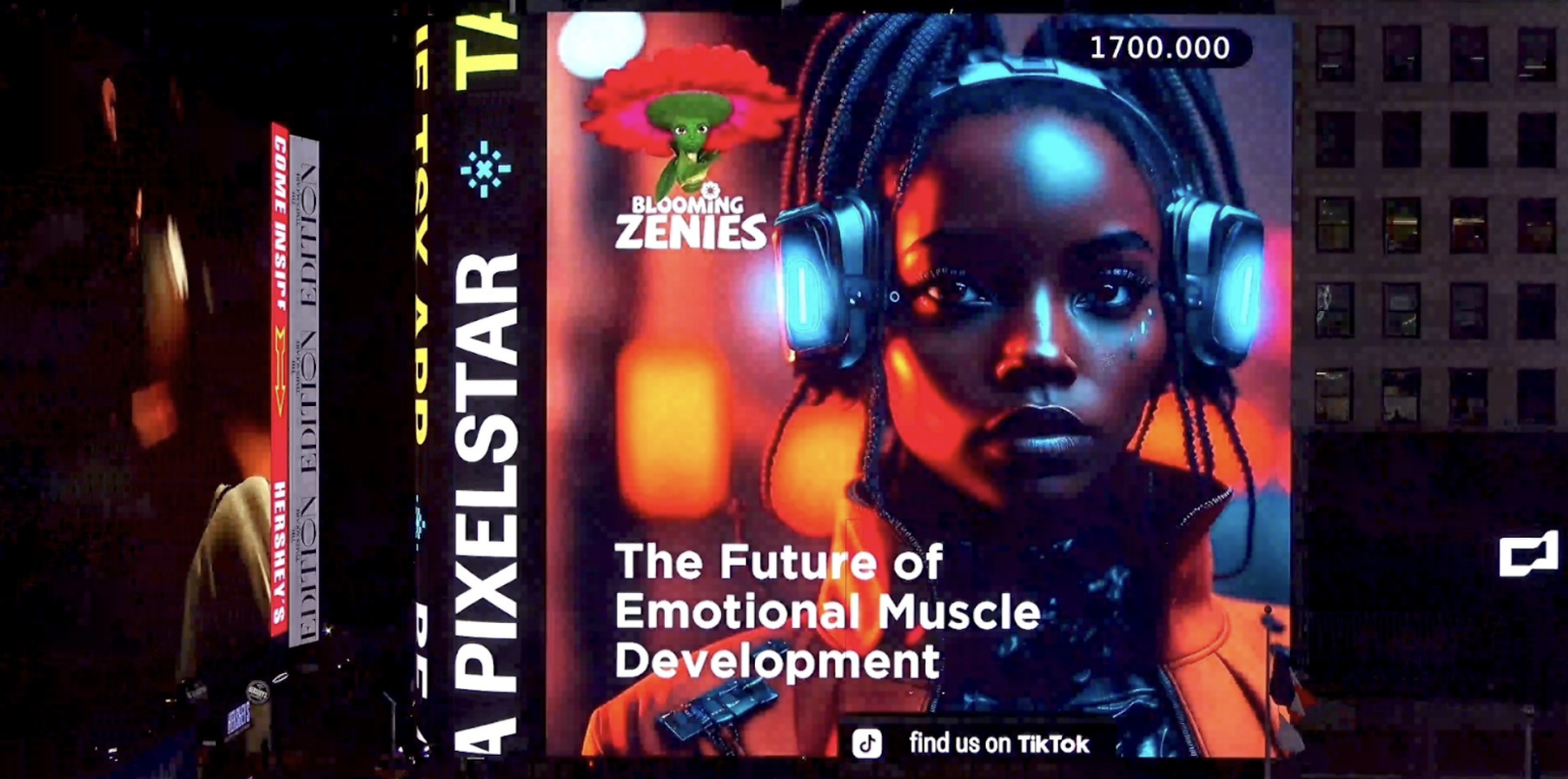By Ray Sheehan, founder at Old City Media
Successful marketing events deepen connections with loyal customers, engage potential leads, and create repeat buyers. However, successful marketing events don’t happen without planning and prep work beforehand. Here are a few tips to guide you through the process.
Consider the Timing When You Plan Event Marketing
If you want your marketing event to have maximum impact, plan it during your customers’ peak buying season. Reach out when your target audience is most receptive and in need of your products or services. For example, if you are hosting an event to allow young professionals to try out stand-up paddle boards, early summer is ideal.
Across the board, events tend to perform poorly during the first quarter of the year. Before scheduling your event during these months, remember that most people are still working their way out of holiday spending debt.
When planning a marketing event, also consider when your target audience will be available. For example, if your target audience includes working professionals, a weeknight event is likely to be more sparsely attended than a weekend afternoon event.
Plan Event Marketing that Appeals to Your Target Audience
Every dollar you put into event marketing should be backed by careful consumer planning. Gear your event to your target customers by putting yourself in their shoes.
Successful event marketing is built on a relationship. How well do you know your target audience? What do your customers do for fun? Why are they coming to your event? What do they hope to experience or learn? How will they benefit from interacting with your brand? The answers to these questions enable you to design an experiential event that is meaningful, memorable, and valuable to them. By knowing your target customers well, you can create an experience that is authentic for your brand and relevant to the venue and theme.
Align Event Marketing With Strategic Partners and Venues
Your goal is to select a high-traffic venue that naturally attracts your target audience. Partnering with venue owners and other vendors during your planning offers several rewards.
Research to find a location that connects with your target customers. The right venue can help you broaden your customer base by tapping into new customers. Pick a site relevant to your brand, your product, and your event.
In much the same way, strategic partners provide connections. As you cross-pollinate during the event, you will each find the relationship mutually beneficial. These partners can spread the word, help promote the event, and bring in new customers.
Before Event Marketing Set KPIs and SMART Goals
Before you start planning your event marketing strategy, define what you hope to achieve. In other words, know your goals and how you will measure success.
Use data from past events to focus your planning on SMART goals. SMART goals are specific, measurable, achievable, realistic, and time-bound. Check each goal by asking the following questions:
- Specific – Does my goal define what I want to achieve?
- Measurable – What metrics tell me when I reach my goal?
- Achievable – am I setting myself up for failure with goals that are too ambitious or unrealistic?
- Realistic – what constraints does this project have in terms of budget/time frame, and are they realistic?
- Time-bound- Do my goals have a built-in time constraint?
Well-defined goals enable your team to go into the event knowing what they need to succeed. They turn your budget and effort into actions that meet your brand’s objectives.
Plan to Give Away Branded Swag Relevant to your Target Customers and Your Event
Handing out branded swag gets your brand name out there and makes a lasting impression. The key is to bring the right swag.
While random promotional products may be affordable, they are tossed into the first trash bin attendees find. Come with merch that is relevant to the event’s theme and gets guests excited.
Make sure the products you give away are high-quality items that your target customers value. Remember, people will see your brand’s name every time they use this item. It’s a freebie, but not a place to skimp on the budget. When your brand comes to mind, you want it to be connected with quality and value.
People love free stuff. Giving away swag builds brand awareness, keeps your name top of mind with your customers, and develops relationships.
Share Social Content to Extend the Reach of your Event Marketing
Social media is one of the easiest and most powerful ways to extend the reach of your event marketing campaign. Only a few people can attend in-person events over a finite period of time. However, that event lives on forever on the internet. If you invest the time and money into a live event, don’t forget to promote the experience on social media.
Design creative experiences that play well with video clips and photos. Designate staff to document your event, and then post it to social channels with relevant hashtags afterwards.
In addition, you can extend your reach by incentivizing event attendees to snap pics and share content to their own social channels. Be ready with printed materials that include the event’s hashtags and the benefits of posting pictures or videos of the event. This is your chance to create free promotions and brand ambassadors.
Design a Process that Takes Customers From your Event into your Marketing Funnel
Before a marketing event, plan a process to gather data from customers and use it to improve your sales and marketing. This path should lead customers straight from your event into your marketing funnel.
One idea is to plan a fun and memorable experience that allows customers to try your product or service at the event. Be sure to ask happy customers to share testimonials after the experience.
Build a process to collect email addresses. You can use registration forms at the event or find a clear call to action that motivates customers to engage with your social media platforms. When you have contact information, create a way to keep your brand in their minds with regular newsletters, blogs, or social media posts.
With the right preparation, your next marketing campaign will be a wonderful memory for both you and your attendees. All you need to do is consider timing, know your customers, align with strategic partners, define clear goals, impress with your branded swag, extend your event’s reach through social media, and plan a journey to bring customers into your marketing funnel. Remember, most of the important work happens before the event ever starts.





